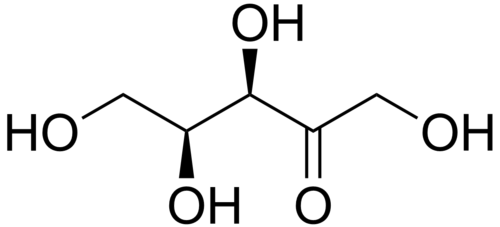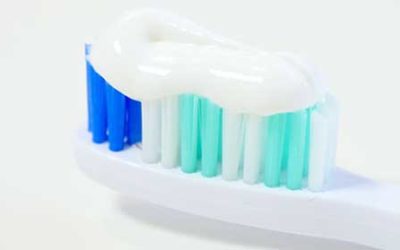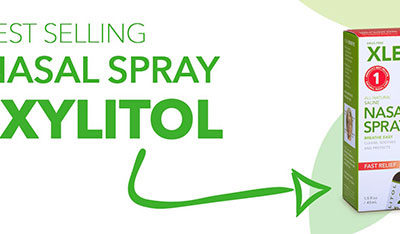What is pentosuria? It sounds a bit daunting doesn’t it? There’s not a lot of information out there about pentosuria, and it can often go overlooked or misdiagnosed. So we thought it would be good to take a quick minute and explain what pentosuria is, what effects it has on the body, and how to treat it.
So what is it? Pentosuria is simply the excretion of pentoses, which are sugar molecules with only five carbon atoms instead of the normal six, in the urine. Xylitol is one of these five carbon molecules. Five carbon sugars are found in the plant world where the standard building block is xylose.
According to Britannica.com, pentosuria is an inborn error of metabolism, characterized by the excessive urinary excretion of the sugar xylitol.
‘Inborn’ in this means not everyone has it; it’s a genetic problem found almost exclusively in persons of Ashkenazi Jewish descent.
‘Error of metabolism’ means that the enzymes needed to metabolize something are missing. In this case those missing are the ones needed to use five carbon sugars for energy production. In this hobbled pathway most five carbon sugars wind up as a form of xylose. This can get mistaken in screening lab tests as a sugar, like glucose, so people can get misdiagnosed as diabetic. And really that mistake is the only problem we know of with this condition. If you want more information there is a good one page summary at the British Medical Journal.
If you are not an Ashkenazi Jew, eating xylitol will not show up in your urine and it is not confused on any blood tests for glucose so there is no risk of being misdiagnosed as diabetic. Initially your body can’t deal with a lot of xylitol so it is not absorbed and causes loose watery stools and perhaps some cramping. If you persist and keep using it your body does adapt and pull out the enzymes needed to turn pentoses into energy, just like it does glucose. There is no reason for it to show up in your urine.
Even those with pentosuria can still use xylitol for the many health benefits that come along with it. Used as a nasal spray to keep the nose clean and minimize the allergic and infectious problems that begin there adds a minimal amount of xylitol to the body. Oral use for dental benefits adds much more, but none of this comes close to the amount we eat with a healthy fruit and vegetable diet.
Related Articles
Special Ed and ear infections? Why are they connected?
Ear...
Nasal Irrigation: Washing Away Your Ailments
Having functioning and healthy nasal and sinus passageways can make a world of difference in your daily life. People with allergies often feel wary of enjoying a beautiful day outside because being exposed to allergens such as pollen, dust, and...
Places You Should Substitute Xylitol Sweeteners for Sugar
People often want to find replacements for table sugar in their diets. But which areas are you able to replace sugar? Does xylitol bake as well? Cook as well? Will it dissolve in liquids just as easily? Well the answer to these is yes, yes and...
Xylitol Toothpaste vs Fluoride Toothpaste
Why would you add a sweetener to toothpaste? It might seem counter-intuitive if you aren’t aware of the dental benefits of xylitol. Here’s why we recommend using xylitol toothpaste vs. fluoride only toothpaste. The cavity causing (cariogenic)...
The Nose is a Nidus: A Source of Infection for Ears, Sinuses, and Lungs
What's a nidus? A nidus is defined as “a place in which bacteria have multiplied or may multiply; a focus of infection”. The way it is now the nose is a nidus–virtually all upper respiratory problems, both allergenic and infectious begin in the...
Xylitol Nasal Spray Recipe – What’s In Xlear?
Xlear's xylitol nasal spray recipe only contains four simple ingredients. Xlear, Inc. is one of our major partners and their namesake nose wash is a worldwide favorite being sold in South Africa, the EU, Australia, Turkey, Kuwait, Saudi Arabia,...












What are the alergic symptoms of Xylitol, can it cause severe pain affecting your whole body!
Allergic reactions are generally from protein substances and not simple carbohydrates like xylitol. If you eat a lot of it at one time it can cause major stomach cramps.